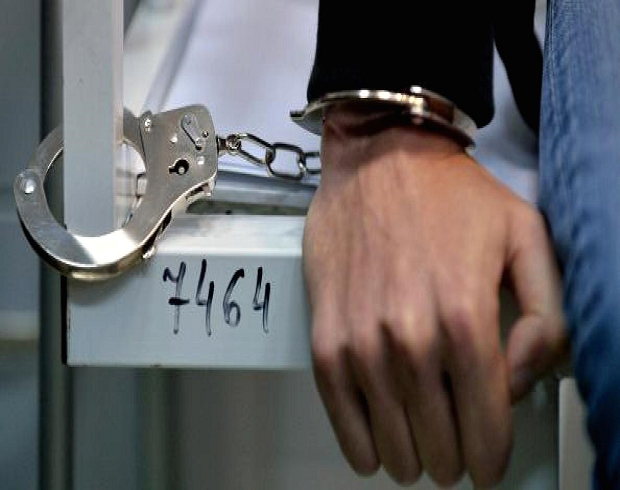Iceland’s Breaking Bad

In a hodgepodge of squat low slung single storeyed buildings, which were built more for function than for aesthetics, sit some of Iceland’s finest bankers. According to a March 2016 Bloomberg article titled “This Is Where Bad Bankers Go To Prison” by Edward Robinson and Omar Valdimarsson, Kviabryggja Prison is a converted farmhouse nestled in between the frigid North Atlantic ocean on one side and fields of bare, unyielding lava rock on the other. Sigurdur Einarsson who was the chairman of Kaupthing Bank, Iceland’s largest bank before the 2008 financial crisis, and Hreidar Mar Sigurdsson who was the bank’s former chief executive officer were convicted of market manipulation and fraud leading up to the collapse of the former top bank.
The same article highlights that they are kept in the good company of Magnus Gudmundsoon who was the former CEO of Kaupthing’s Luxembourg unit and Olafur Olafsson who was the second largest shareholder in the bank at the time of its demise. The dream team is serving sentences up to five and a half years, which may be low in criminal conviction terms but huge in a global financial industry that saw not a single individual jailed in the United States or the United Kingdom for misdeeds arising out of the greed derived financial crisis. Starting in 2010, the special prosecutor for the Iceland banking cases had successfully prosecuted 26 banking officials by March 2016.
Following deregulation in the early turn of the 21st Century, Iceland’s top 3 banks had accessed European money markets and borrowed €14 billion in 2005 alone, which was double their intake in 2004 and paying 0.2% over benchmark interest rates. The banks lent the funds back out to Icelanders at high interest rates, raking in huge profits. Flush with easy credit, Icelandic households bought flats in London, took shopping trips to Paris and jammed Reykjavik’s streets with Range Rovers. By 2008 the banks’ assets had swollen to ten times the Icelandic $17.5 billion economy. Once the 2008 financial crisis hit, the Icelandic banks lost their short term funding and could no longer service their own debts. The local currency’s value fell, making loans denominated in foreign currencies more expensive and leading to the top 3 banks defaulting on more than $85 billion in debt and households losing more than a fifth of their purchasing power, conclude Robinson and Valdirmasson.
Further south in the Atlantic Ocean, Ireland joined Iceland as the only other country to criminally convict bankers for their pre-financial crisis misdeeds. According to a July 2016 article in the Irish Times by Ruadhan MacCormaic, three former bankers were jailed for terms ranging from 3.5 years to two years for their roles in a €7 billion fraud at the height of the financial crisis. Willie McAteer and John Bowe from Anglo Irish Bank and Denis Casey the former CEO of Irish Life and Permanent (ILP) were involved in setting up a circular scheme where Anglo moved money to ILP and ILP sent the money ban, via their assurance firm Irish Life Assurance, to Anglo. The article describes further that the scheme was designed so that the deposits came from the assurance company and would be treated as customer deposits, which are considered a better measure of a bank’s strength than inter bank loans. The sham transactions were aimed at demonstrating that “Anglo Irish Bank had €7.2 billion more in corporate deposits than it had.”
Kenya stands head and shoulders with its Icelandic and Irish banking counterparts who have had executives accused of market manipulation and fraud. Some shareholders and executives of Imperial Bank and Chase Bank have been taken to court by the Kenya Deposit Insurance Corporation for corporate malfeasance. However, these are civil suits aimed at recovering the money and levying monetary penalties rather than extracting criminal convictions for actions that have caused manifest pain and suffering to both depositors and genuine borrowers. These cases may drag in court for years as history has shown us, rendering very little present value vindication to those suffering today. But for what it’s worth, it’s a good start and a large prick on the conscience of many Kenyan bank boards today.

 carolmusyoka consultancy
carolmusyoka consultancy
 @carolmusyoka
@carolmusyoka